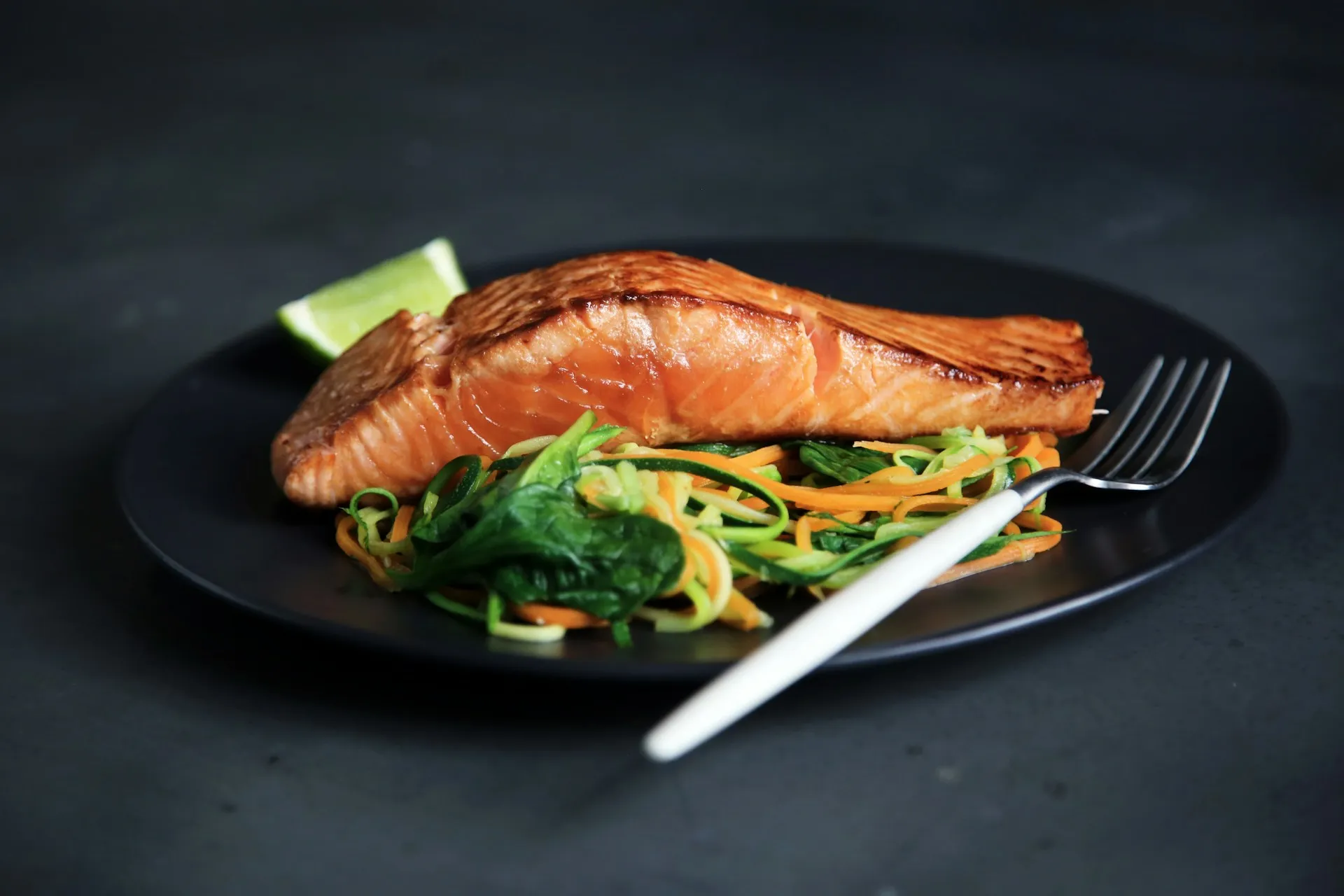Neurodiversity, including conditions like ADHD, ASD, and dyslexia presents unique challenges and strengths for each individual. Emerging research suggests that dietary choices can significantly influence brain health, behaviour, and overall well-being for those with neurodivergent conditions. A balanced diet may even improve focus, reduce anxiety, and enhance mood. This guide empowers you to make informed food choices that support a thriving mind, without unnecessary restrictions. Let’s delve into which foods, sweeteners, and additives may warrant caution, and explore some brain-boosting alternatives.
Artificial Sweeteners: Friend or Foe?
Artificial sweeteners such as aspartame, sucralose, and saccharin are often marketed as guilt-free alternatives to sugar. However, research indicates they may have adverse effects on some neurodivergent individuals.
- Aspartame: Studies have linked aspartame consumption to heightened irritability, anxiety, and even depression in certain individuals, particularly those with mood disorders.
- Sucralose: This sweetener is associated with alterations in gut bacteria, which play a crucial role in brain health. Imbalances in gut microbiota could intensify symptoms for some neurodivergent people.
- Alternatives: Consider natural sweeteners like stevia, monk fruit, or modest quantities of honey or maple syrup instead of artificial options.
Food Dyes and Additives: A Spectrum of Concerns?
The bright hues in candies, cereals, and processed foods aren’t just for show. Studies suggest that artificial food dyes and additives may exacerbate hyperactivity and impulsivity in children, especially those with ADHD.
- Food Dyes: Certain dyes, such as indigo 5 and Red 40, have been connected to increased hyperactivity in children. One study found that eliminating artificial food colouring led to significant reductions in hyperactive behaviours. Food dye bottle
- MSG (Monosodium Glutamate): This common flavour enhancer in processed foods and takeout has been known to trigger headaches and other neurological symptoms in some individuals.
- Nitrates: Often found in processed meats, nitrates can aggravate headaches and migraines in susceptible people.
- Alternatives: Focus on whole, unprocessed foods. Carefully read labels to avoid products with artificial colours or additives.
Gluten and Casein: To Consume or Not?
Gluten (present in wheat, barley, and rye) and casein (a protein in dairy) are often debated within the neurodivergent community. Some report symptom improvements in focus and behaviour when eliminating these from their diet.
- Research: The scientific evidence is mixed, but some studies suggest that individuals with ASD may struggle to digest gluten and casein, potentially leading to inflammation and digestive issues that may worsen neurological symptoms.
- Alternatives: If you suspect a sensitivity, try an elimination diet under professional supervision. Explore gluten-free grains like quinoa, rice, and oats, and dairy substitutes such as almond milk or coconut yoghurt.
Brain-Boosting Nutrition: What to Embrace
- Omega-3 Fatty Acids: Found in fatty fish (salmon, tuna), walnuts, and flaxseed, these essential fats are crucial for brain health and may improve cognitive function.
- Probiotics: These beneficial bacteria found in fermented foods (like yoghurt, sauerkraut, and kimchi) can support a healthy gut microbiome, which is linked to brain health.
- Antioxidants: Abundant in fruits and vegetables, antioxidants help protect the brain from damage and may improve cognitive function.
Personalised Nutrition: Your Unique Path
Remember, dietary needs vary widely among neurodivergent individuals. Consult a healthcare professional or a registered dietitian specialising in neurodiversity to create a diet plan tailored to your specific needs and sensitivities.
Disclaimer: This blog post is for informational purposes only and is not medical advice. Always seek the guidance of a qualified healthcare professional before making significant dietary changes.
